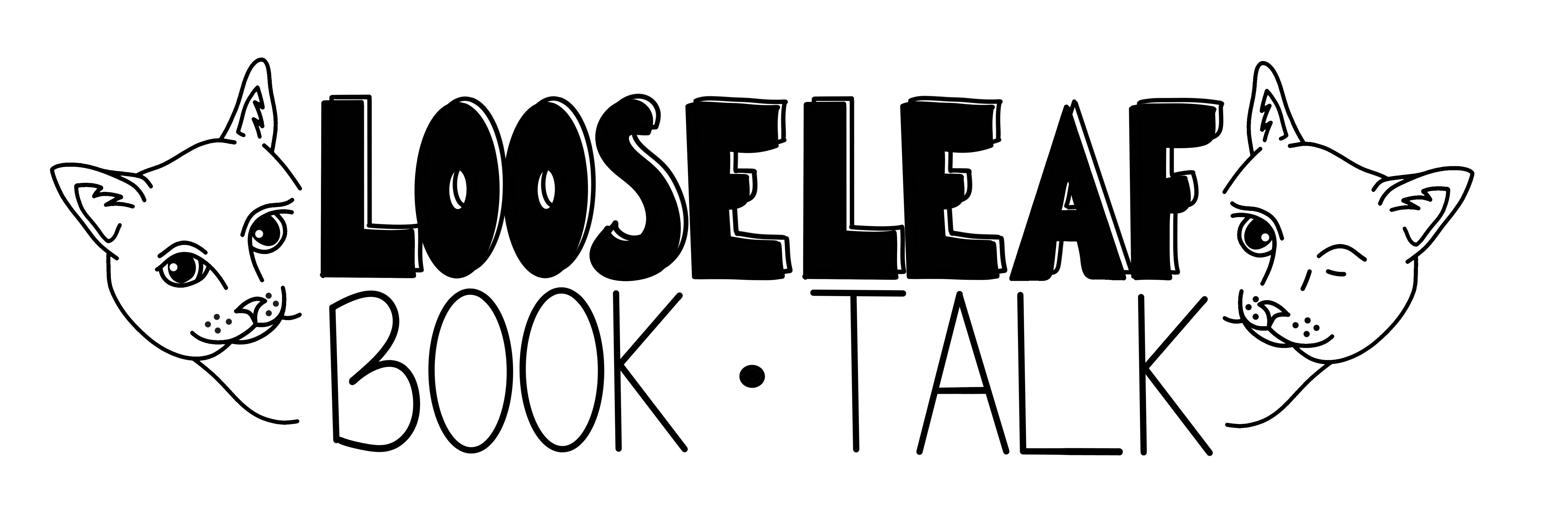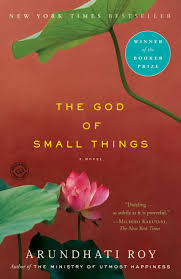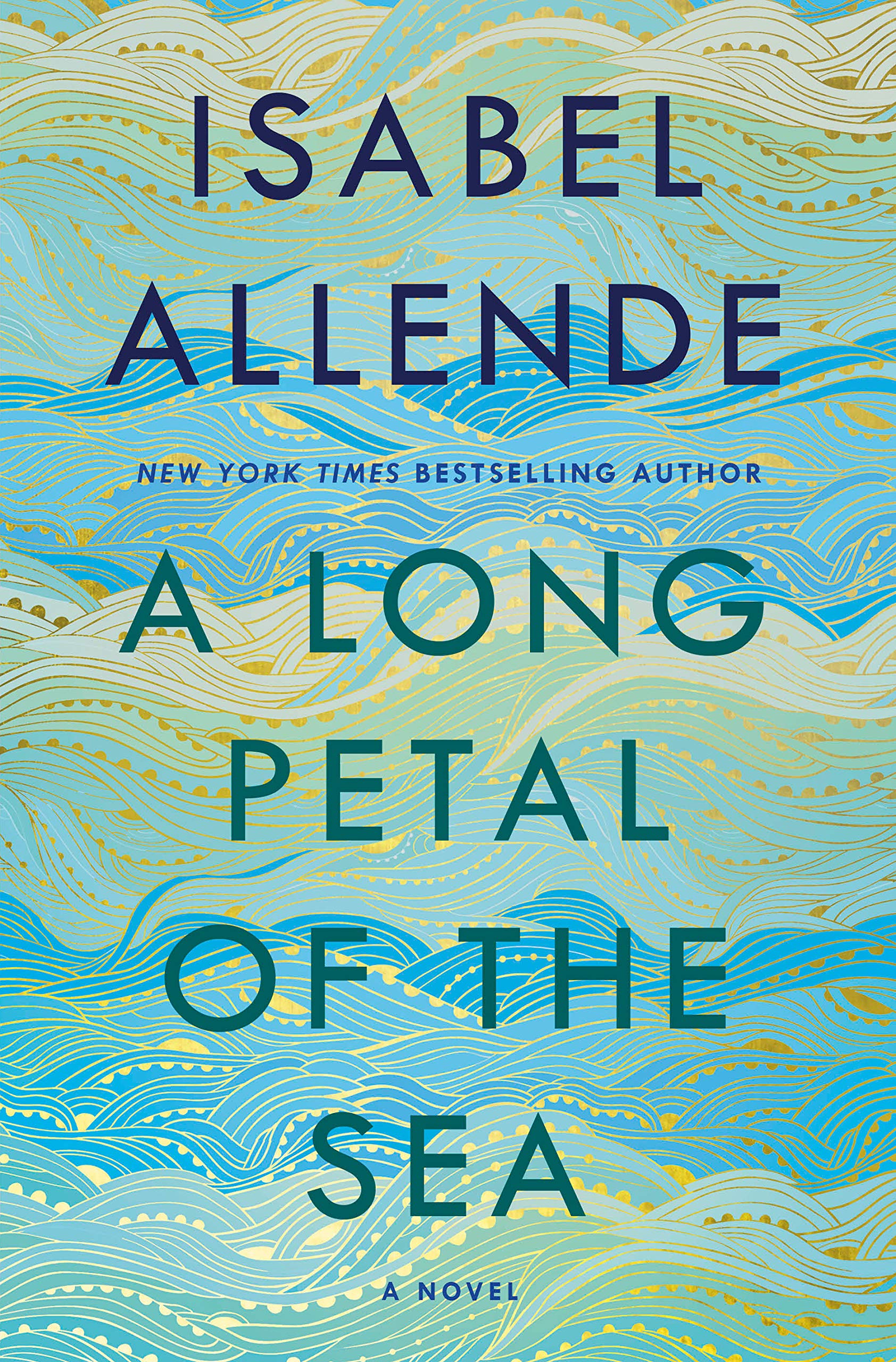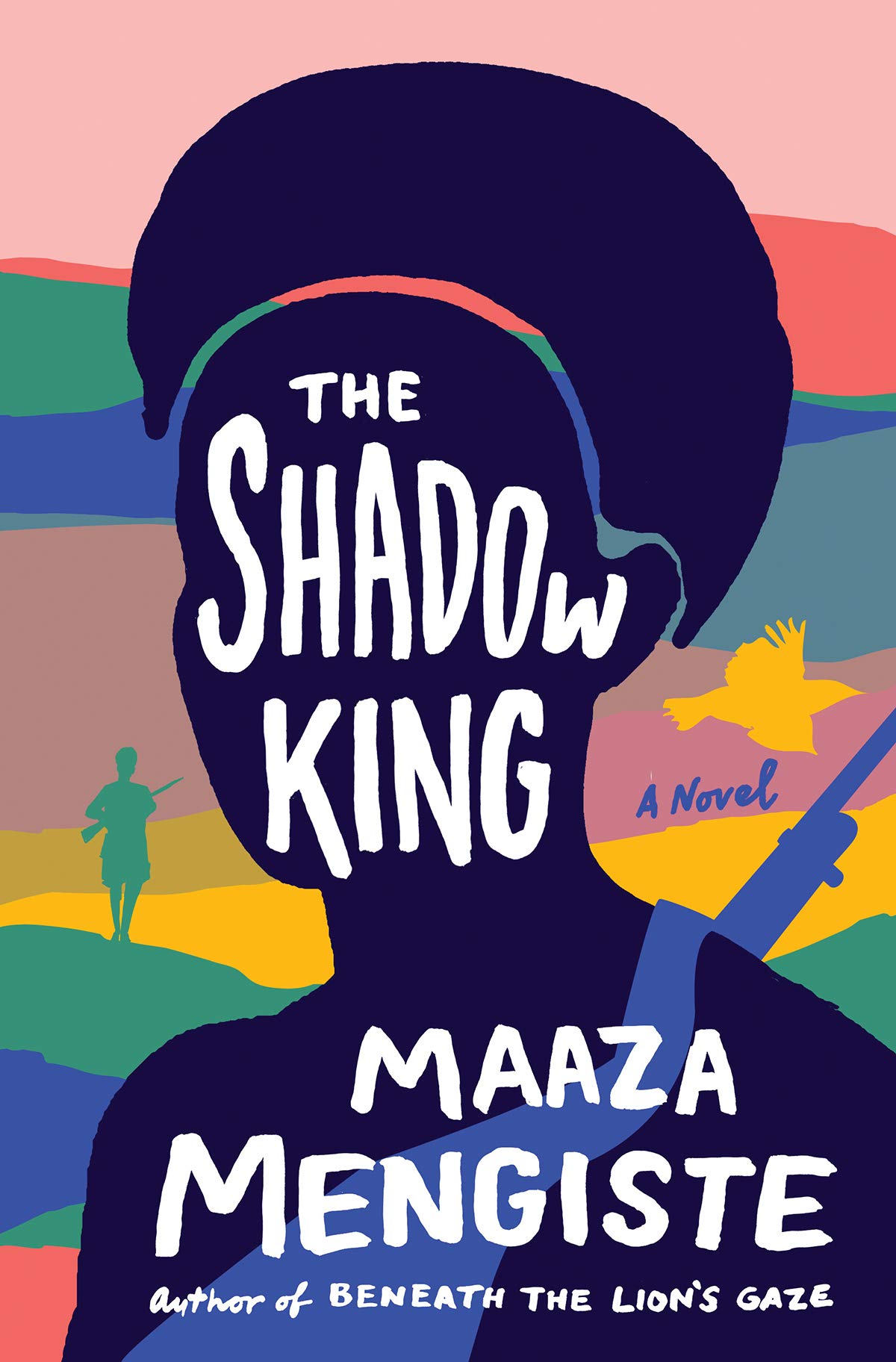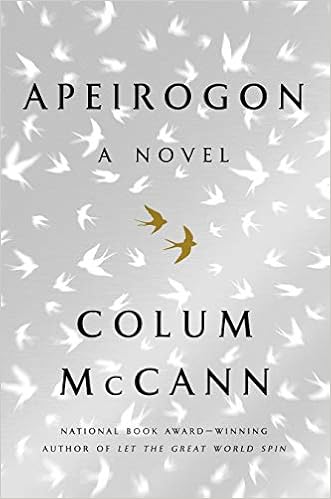Coffee House Press, 2017
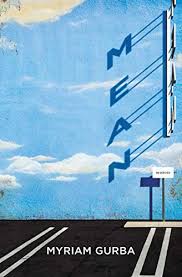
The first time I read Myriam Gurba’s writing was in an article she wrote, published in December of last year, in which she absolutely annihilates a book that was big news at the time: American Dirt. As I tend to do after reading something excellent online, I found and followed her on twitter, and I’ve come to love everything she says. The next time I heard Gurba’s name was when her memoir, Mean, was selected as one of the April picks for Noname’s book club, upon which I promptly ordered myself a copy and finally got around to reading last week.
Now before I get on with my review, I need you to think about some numbers. The advance Jeannine Cummings received for American Dirt was very public because it was a big deal. The advance Myriam Gurba received for Mean was recently made public by her on her twitter account in a thread discussing advance disparities between white writers and writers of color under the hashtag #publishingpaidme.
American Dirt: 1,000,000$ advance
——————–Mean: 1,500$ advance
There are so many levels to how problematic that disparity is (Cummings is a white author writing an immigration narrative while Gurba is a Mexican author writing a memoir), but what makes me so angry above all else is that American Dirt is objectively poorly written (this has been confirmed by people I know who’ve read it and from authors I respect who’ve read it) and Mean is earth-shatteringly good. I’ll move on to the review, but I had these numbers in my head the entire time I read, and I felt that I couldn’t write this review without that context.
The phrase “poetic writing” is tossed around a lot in book reviews, but when I say Gurba’s writing is poetic, I mean it is frequently actual poetry. Some chapters will contain both poetry and prose, and in others, it is difficult to distinguish whether it is one or the other, which is seen in the first chapter, “Wisdom,” and which gave me one of those—oh my god this is gonna be so good—moments on page 1.
The art, history, and literature that influence Gurba are weaved throughout Mean and are inseparable from her identity. The way Gurba talks about visual art makes me wish I knew enough about art to have a taste in it myself. I’m scared of art in the way I’m often scared of poetry, which is that it’s so open-ended and there’s so much of it that I don’t know where to begin. Gurba is confident in her taste in art and proud of her knowledge of art, especially as she makes her way through college. She interprets and analyzes the work of female artists in powerful and unapologetic ways. She never seems to be scared of creating art that is misunderstood or scared of understanding art differently than everyone else in her college classroom.
Mean is labeled as a true crime memoir, which I think is too small to describe this not-quite-200-page memoir that deals with race, class, growing up as a girl, growing up as a lesbian, and the consequences of sexual violence.The true crime label comes from the portion of the memoir in which the man who committed acts of sexual violence against Gurba and other women in her community is on trial. But you’ll also read about how experiencing sexual violence can damage a person in ways that permeate one’s life long after the perpetrator is caught and convicted. One thing Gurba accomplishes beautifully is in expressing her right to and desire for privacy, even within—or especially within—the space of a memoir. Comparing secrets to acorns hoarded by squirrels, she writes, “When a man asks, ‘What did he do to you?’ he’s asking to eat one of these traumatic acorns. Girls never ask for these seeds. . .They don’t need the details of my particular shame to construct empathy.”
Some of my favorite moments in Mean are the ones in which Gurba writes about her friendships with girls, from her childhood up through college. There are some experiences that all women seem to share, and that makes the things the Gurba experienced growing up as a brown girl with a Mexican mom and a Polish dad, stand out to me even more strongly; I was bullied by other girls but I wasn’t bullied like that and I wasn’t bullied for that. Female friendships are complicated at every age, and reading about Gurba navigating them is sometimes painful, sometimes comedic, and frequently relatable. Mean feels very of-the-moment; I think any woman who reads it will find pieces of themselves—feelings put to words they didn’t have—in this memoir.
Links: goodreads | Buy it on bookshop .org
